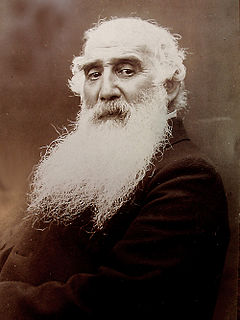A Quote by Frederick Lenz
Self-discovery is a very advanced art. What we're doing basically is screwing around with what you're made up of. We're taking awarenesses, feelings, ideas and impressions and changing them.
Related Quotes
Popper and Nabokov are very different people in some ways - and I'm ready to devote large chunks of my life to both of them. Popper didn't think much of words but thought ideas mattered, and Nabokov didn't think much of ideas, but words mattered, and so on. But both of them had a sense that this is a world of infinite discovery, unending discovery. That quest to discover more in any direction is what I think drives me, and what drives humans, when they're doing the most interesting things.
I see no good reason why the views given this volume [The Origin of Species] should shock the religious feelings of any one. It is satisfactory, as showing how transient such impressions are, to remember that the greatest discovery ever made by man, namely, the law of attraction of gravity, was also attacked by Leibnitz, 'as subversive of natural, and inferentially of revealed, religion.'
The acts of the mind, wherein it exerts its power over simple ideas, are chiefly these three: 1. Combining several simple ideas into one compound one, and thus all complex ideas are made. 2. The second is bringing two ideas, whether simple or complex, together, and setting them by one another so as to take a view of them at once, without uniting them into one, by which it gets all its ideas of relations. 3. The third is separating them from all other ideas that accompany them in their real existence: this is called abstraction, and thus all its general ideas are made.






























